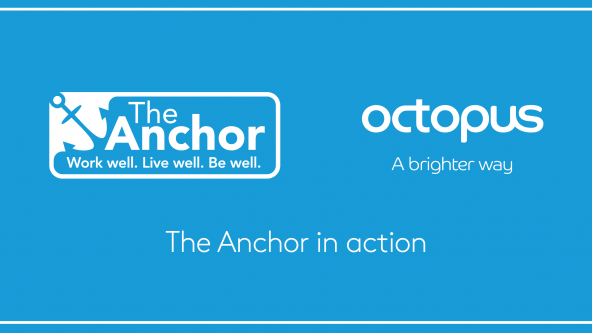On the face of it, entrepreneurs should have terrible mental health, but the realities are more complicated. Chartered psychologist Dr Rob Archer examines how entrepreneurship impacts mental wellbeing.
What is ‘mental wellbeing’?
In 2014, the World Health Organisation (WHO) defined mental wellbeing as a state “in which every individual realises his or her own potential, can cope with the normal stresses of life, can work productively and fruitfully, and is able to make a contribution to her or his community”.
Why is this important?
This definition suggests we should think of mental health as more than just coping with stress. Mental health is about contribution. It is about giving something back to one’s community. Ultimately it is about changing the world for the better.
And that, of course, is the realm of the entrepreneur.
Entrepreneurs and mental health
On the face of it, entrepreneurs should have terrible mental health. Generally, they face working conditions that are more extreme than those of employees, including higher levels of uncertainty, responsibility, and complexity.
The difficulties of launching and running a start-up are also likely to create more intense time pressures and longer working hours than would be acceptable (or legal!) to an employee.
Additionally, running a growing business can heap additional pressures onto the shoulders of an entrepreneur. A 2017 study suggested that entrepreneurs with employees experienced higher work demands than those without employees, which in turn increased their level of stress.
However, for entrepreneurs and stress, this is not the whole story.
Using the demands-control model to understand workplace stress
One of the key models of mental health in the workplace is the demands-control model. Developed by Robert Karasek, the model suggests that a person’s level of stress will partly be dictated by the demands they face, but this will be offset by the level of control they have in terms of meeting those demands.
While the demands on entrepreneurs are intense, they generally score more highly in terms of control. Entrepreneurs usually can decide when and where to work, what to work on and how to approach each task.
This, in turn, tends to offset the impact of continuous high demands.
If you doubt the impact of control, then the Whitehall 2 studies provide hard evidence. In a huge, long-term assessment of British civil servants, it was found that the lower a person’s grade, the more likely they were to die young.
In other words, although demands in the lower grades may not exceed those at senior grades, the levels of control were generally lower, and this is what made the difference.
This sense of control also explains much of the reported difference in work satisfaction between entrepreneurs and employees. Entrepreneurs are likely to have significantly higher levels of autonomy than employees. It is this freedom to choose that ultimately drives long-term satisfaction.
The social dimension
Another common source of stress for entrepreneurs is isolation. Social support from supervisors and colleagues has been shown to be a key source of employees’ well-being, but this is rarely available to entrepreneurs, especially in the early days.
This is where having a co-founder can help. Octopus recently published a survey that highlighted some of the positive benefits gained by entrepreneurs who choose to work with a co-founder, rather than opting to ‘go it alone’.
The importance of co-founders
The support a co-founder offers is different from other forms of support, for example from family. Whilst important, support from family is likely to be offset by the risk of long hours and work/family conflict.
A co-founder can share responsibility for work problems and a second pair of eyes tends to allow for a fresh perspective (and less confirmation bias) when it comes to making tough decisions.
If you’re an entrepreneur, having someone who knows you – and the business – well enough to encourage you to ‘take a break’ could also prove invaluable.
So, to sum up…
Although entrepreneurs are undoubtedly exposed to greater demands and sources of distress than a typical employee, they also experience higher levels of control, which tends to protect mental health.
Harnessing support from others is also important.
Above all though, mental health is about more than absence of suffering. It is about contribution. Aligning the business to a clear social purpose – a ‘contribution’ to community – means that entrepreneurs might suffer, but they suffer for a purpose.
And as Nietzsche said, those who have a “why to live can bear almost any how”.


